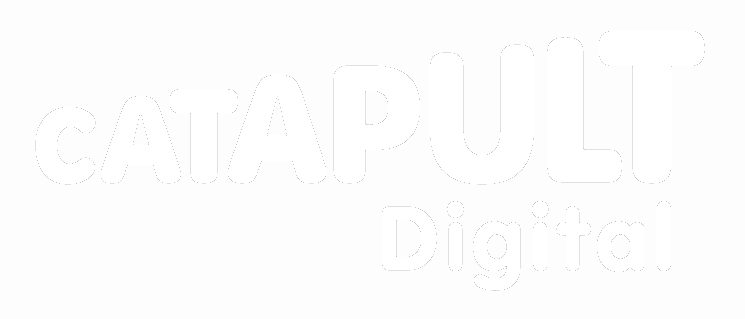My rights have been infringed, what should I do?
The first step is to be clear whether the work is protected by copyright and whether the infringing behaviour has any legal justification (e.g. under a copyright exception). It will also be useful to collate evidence of ownership at this stage.
The next step is to establish who is responsible for the infringing action. Is the work being copied, circulated or shared by a company or an individual? Can you establish the full name and address of the party? Can you find a company on the Companies House register? If the infringement has occurred online, who owns the domain name? Did the infringing action take place in the UK, the EU or elsewhere in the world? Is the person responsible for the infringing action located in the UK?
If the infringer is someone who previously benefitted from a licensing agreement for limited use of the work, do you have a copy of this agreement?
Finally, you need to consider what you want to achieve by enforcing your rights. For example, do you want the use of the copyright work to cease immediately? Are you happy for the work to be used, but with payment of the appropriate licensing fee?
The law offers you numerous solutions to copyright infringement such as: –
- An injunction (England, Wales & Northern Ireland) or interdict (Scotland) – which is a court order prohibiting certain behaviour
- Damages – which compensate you for loss resulting from infringement and may also penalise the infringer for flagrant behaviour
- An Account of Profits – which require the infringer to provide details of profits made from infringing behaviour
- Delivery of infringing material
Other solutions might include: –
- An apology for infringement
- A published attribution of authorship of the work
- A contractual agreement regulating future use of the work
Once you have identified your preferred solution, you will need to identify an appropriate dispute resolution mechanism that can help you achieve this. You may wish to take professional advice to help you get things right.
Pursuing dispute resolution will usually incur costs; fees payable to your chosen dispute resolution forum (e.g. court or mediator), fees for professional advice, time spent collating documents, travel expenses, the cost of spending time on the dispute that you could spend on other things. It is important to weigh up the likely costs of dispute resolution against what you hope to achieve.
Pursuing a dispute against someone outside the UK can be complicated as the applicable law can differ from country to country. It is difficult to get cross-border dispute resolution right without taking professional advice.
Related
2. Someone has accused me of copyright infringement, what should I do?
If you are reading this section you have probably received an email, letter, Pre Action Protocol correspondence or court summons from a copyright holder…
3. How do I resolve a dispute about infringement of copyright?
Choosing an appropriate dispute resolution mechanism depends on a number of factors. For example, you should consider the following…
Pre-Action Protocol
In England and Wales, and Northern Ireland, parties are expected to try to resolve disputes before taking Court Action, for example by using a more informal dispute resolution mechanism.
Professional Third Parties
You may wish to use a third party to assist in enforcement of your copyright, such as a solicitor, a mediator or an arbitrator.
Court Action
Sometimes court action appears to be the only appropriate way to resolve a dispute. The Intellectual Property Enterprise Court Small Claims Track offers a dispute resolution option…








